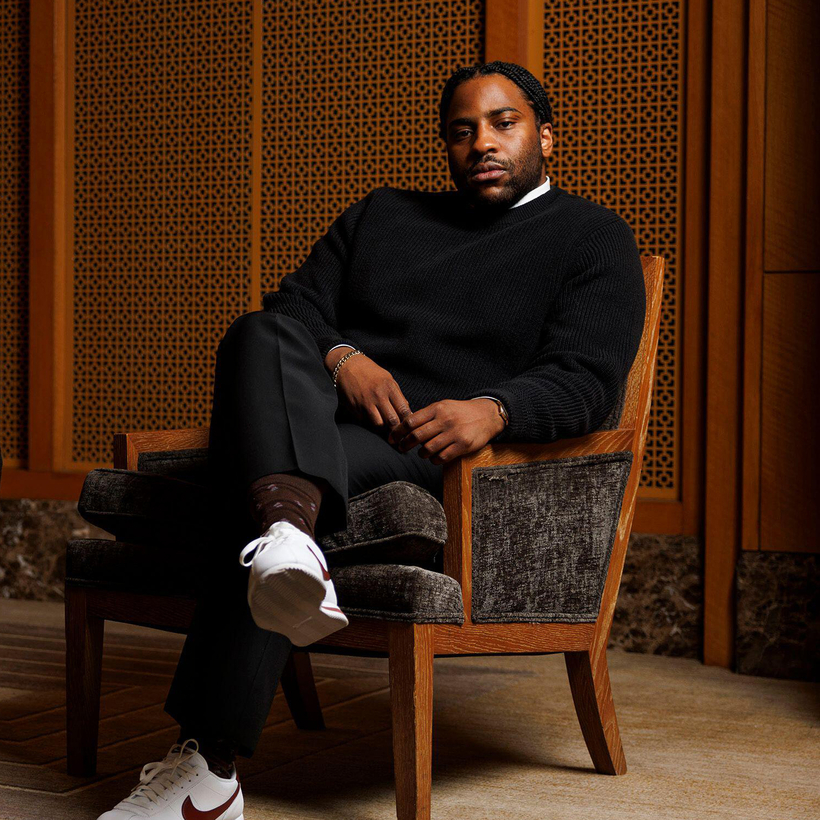Yes, Malcolm Washington is the son of Denzel, the two-time Academy Award winner. And yes, other members of the Washington family—such as his older brother and collaborator, John David—work in the entertainment industry. But Malcolm’s feature-film directorial debut, The Piano Lesson, didn’t come easily.
Growing up in Toluca Lake, in Los Angeles, Washington and his siblings—two older, and a twin sister—watched movies constantly. “When you’re the youngest, you don’t get to pick what you watch,” Washington, now 33, says. Still, as a child and even as he ascended through the Windward School in his late teens, films hadn’t yet spoken to Washington in a significant way. Instead, he focused on basketball, earning a spot on the University of Pennsylvania’s team in 2009.


